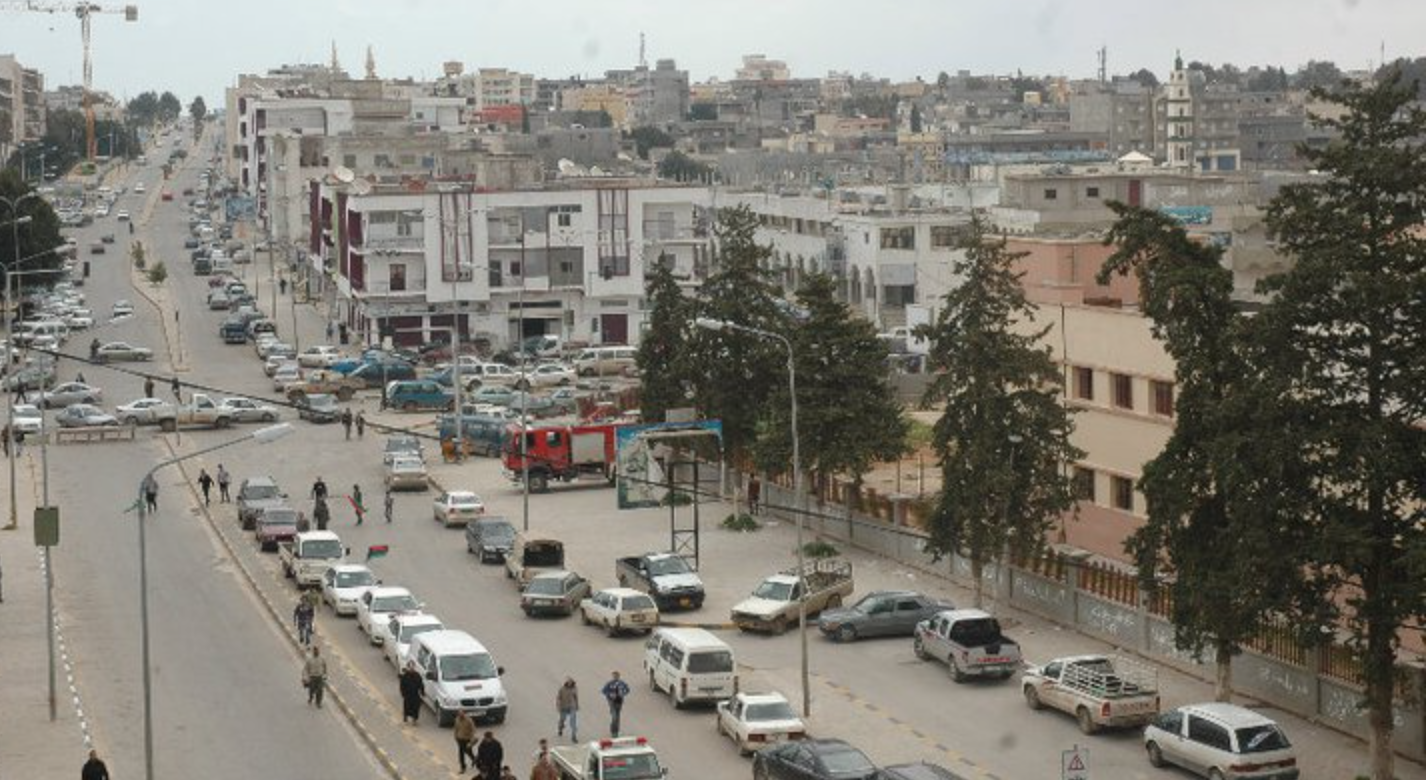Libya's Presidential Council began consultations on July 11 with the parties involved in the country's deepening political crisis, before announcing a roadmap to break the current impasse.
This is according to a meeting held by the vice-president of the Presidential Council, Abdallah Al-Lafi, with the speaker of the House of Representatives, Aguila Saleh, in the city of Al-Qobba, in the east. of Libya, in the presence of deputies Mabrouk Al-Khattabi and Ayman Seif Al-Nasr, according to a statement issued by the Presidential Council.
On July 5, the Presidential Council took the initiative to “instruct Vice-President Al-Lafi to carry out urgent consultations with the protagonists of the Libyan political scene, in order to reach a consensus on the details of a road which will put an end to the transition phase, by organizing presidential and legislative elections within a specific timeframe”.
The announcement of the Presidential Council initiative came following mass protests in a number of towns in western, eastern and southern Libya, demanding the resignation of all political institutions in place and the holding of elections without delay.
Regarding the July 11 meeting, the Libyan Presidential Council said in its statement that it “was part of the efforts of the Presidential Council to formulate an inclusive national initiative, as announced last week”.
He added that the discussions focused on a number of topics relating to how to approach the controversial points of the draft Constitution, with a view to discussing them with the rest of the parties concerned and reaching a final version as soon as possible. .
The meeting also addressed “the need to have a single government able to complete the constitutional and electoral deadlines, in addition to the crises represented by the lack of electricity and fuel which have negatively affected the lives of citizens”.
The United Nations is working to reach a Libyan consensus on a constitutional basis under which to hold legislative and presidential elections, given fears that the country could slide back into civil war due to the presence of two antagonistic governments .
In fact, the Chamber of Representatives granted confidence in a new government chaired by Fathi Bachagha at the beginning of March.
The Prime Minister of the government of national unity, Abdelhamid Dbeibeh, meanwhile refuses to cede power except to a government that would emanate from a parliament elected by the people, in order to put an end to all the phases and instances transients.
Source : Anadolu Agency








Réagissez à cet article